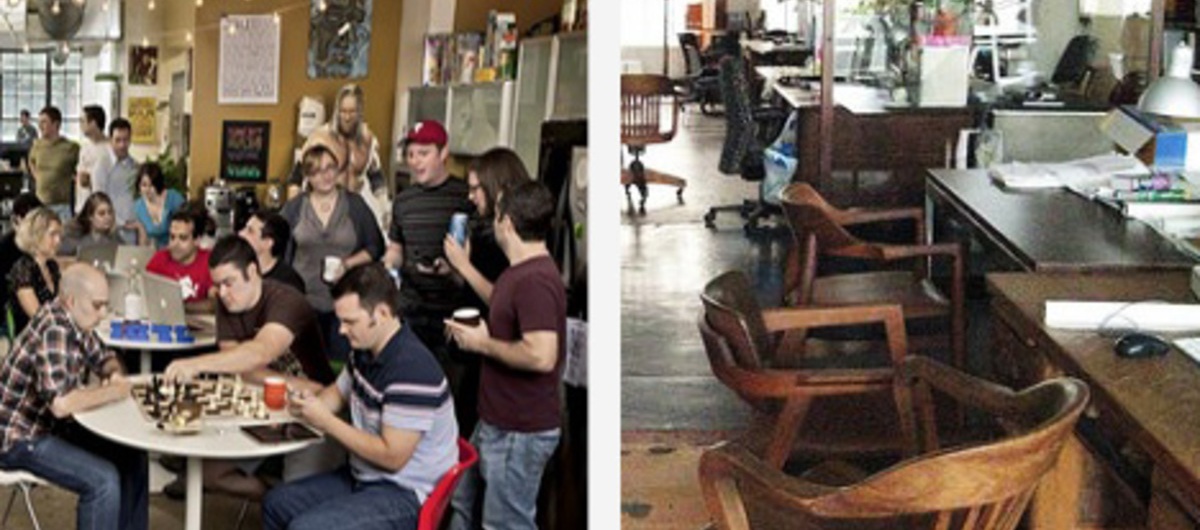Adulthood
Community is the opposite of a company (or an association) because it is set independently from its members who do not necessarily decide to be involved. A community is not always an operational group and can exist by itself without its members being aware of its existence. It can be present without a fully developed project or leader.
However, sometimes a community realizes its existence and decides to become organized. This is the tangible act of creating a community. By researching the topic further, I discovered sociologist and philosopher, Ferdinand Tönnies. Tönnies explains that though the notion of essential will (Wesenwille) and arbitrary will (Kürwille), the transition of the individual from community (Gemeinschaft) into society (Gesellschaft).
According to the author, the essential will underlines social life. It is a specific part of individual behaviors associated with living in a community, which is determined by attachment and affection towards a family or a village and established customs or religious practices. The way in which a society forms, according to Tönnies, is the results of the arbitrary will, which means that it comes from human thought. Thus, a society is community that realizes its existence and decides to organize.
This realization can occur in many ways:
• A community comes into contact (pacifically or not) with another, usually through a group or external force, and thus realizes its existence.
• One or several leaders inspire the one another and understand the necessity of this community and/or propose one collective project.
• New tools, techniques, and communication means spreading awareness to existing communities that were previously scattered.
This realization is without a doubt happening on the internet, since new internet functionalities allow us to gather and organize widespread communities (social media, P2P). The discovery of digital literacy power and its ability to influence the course of events (Wikileaks) and be both anonymous and aggressive is thus felt by digital communities (in Tunisia, Egypt, Iran, China) and is maybe shaping online communities into online societies.
How do coworking spaces amass, reinforce and organize within existing communities? How can that turn communities into micro-societies? The internet has created many communal groups already, which don’t have any physical places to meet. Coworking spaces allow micro-societies to meet and organize events in order to be collectively more efficient.







